Often the Naga is depicted covering a Buddha image.
Every year, at the end of Buddhist Lent (Buddhist Lent follows a lunar calendar and this year the last day is October 5) there is a big celebration here known as the Naga Fireballs, when balls of fire come up from the Mekong River, supposedly emanating from the Great Naga. This celebration is a big economic boon to the community, so they do a lot to get people to come here. Right now they are constructing a large, 7-headed Naga along the Mekong River. They are rushing to get it done before October 5th.
As we were walking along the river near the site of this idol, a familiar scent wafted up to my nose. It was a scent that brought me back about 35 years when I worked in a plastics factory. (More on that below.) That factory made primarily plastic housings for computers and electronics. This "factory" I was passing now is set up outside and is used to construct the pieces of the Naga.
At one point during the construction, some of the pieces broke and fell off the steel framework. It doesn't appear to be something that will last a long time. I find it strange that people will come and worship or make offerings to something that has been built by men. Is not the one who creates something greater than the creation? This is nothing but a hollow piece of plastic.
This reminds me of the writing of the Psalmist:
Their idols are merely things of silver and gold, shaped by human hands.
They have mouths but cannot speak, and eyes but cannot see.
They have ears but cannot hear, and noses but cannot smell.
They have hands but cannot feel, and feet but cannot walk, and throats but cannot make a sound.
And those who make idols are just like them, as are all who trust in them.
Psalm 115:4-8 NLT
The Apostle Paul writes this way:
They traded the truth about God for a lie. So they worshiped and served the things God created instead of the Creator himself, who is worthy of eternal praise! Amen.
Romans 1:25 (NLT)
We pray that the people of Phon Phisai will one day no longer worship a god of their own making, or even something created by God, but will instead worship the God who created all things and Who will endure for all eternity..
Now, about that plastics factory...
After I graduated from UNH, I had a job for a while working at Jotko Enterprises, a factory that was owned by a member of my church, Dover Baptist Church. This was in 1980, and our church at that time sponsored a refugee family from Vietnam. Joe, the factory owner, hired the Vietnamese man. The fellow was fairly smart—he spoke 5 languages. Unfortunately, English (nor any Latin-based language I was familiar with at the time) was not among the 5 languages. Joe gave me the job of training this new employee. It was a bit challenging, using only gestures and modeling to do this.
At the time I knew little or nothing about the geopolitics of Southeast Asia. I was ignorant of the complexities of languages and people groups in this region. I only knew that this family must have come from a desperate situation and we were trying to help. This family was the first of many connections I made to this region before I eventually ended up moving here.
Jotko Enterprises closed in the mid-1980's. Several years later Joe told me that he appreciated some instructions I had written about packing and shipping products. They used these instructions for quite a while after I left. (I had not even remembered writing them!) When he sold the business, Joe thanked us by sending a donation for the ministry we were doing in Haiti in the time. This enabled us to attend a workshop that we really wanted to go to but had no idea how we could afford it. Some of the things I learned at that workshop I used throughout the time we lived in Haiti.
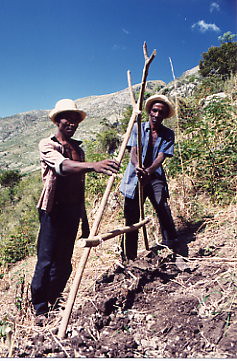 |
| One of the things we learned at the conference was how to make an A-level (for soil conservation work) using no tools and only sticks, some string and a rock. |
I shouldn't be amazed at the way all these life experiences have come together the way they have. Even those pieces of the puzzle that don't seem to fit at first eventually find a place.

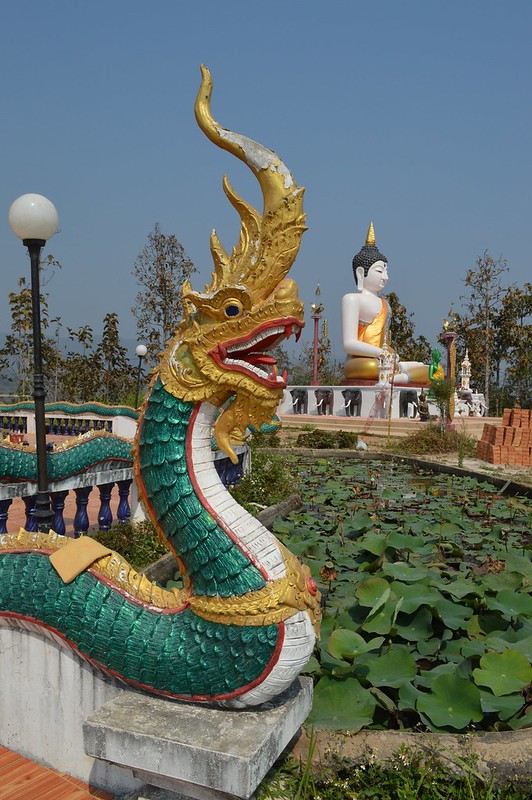
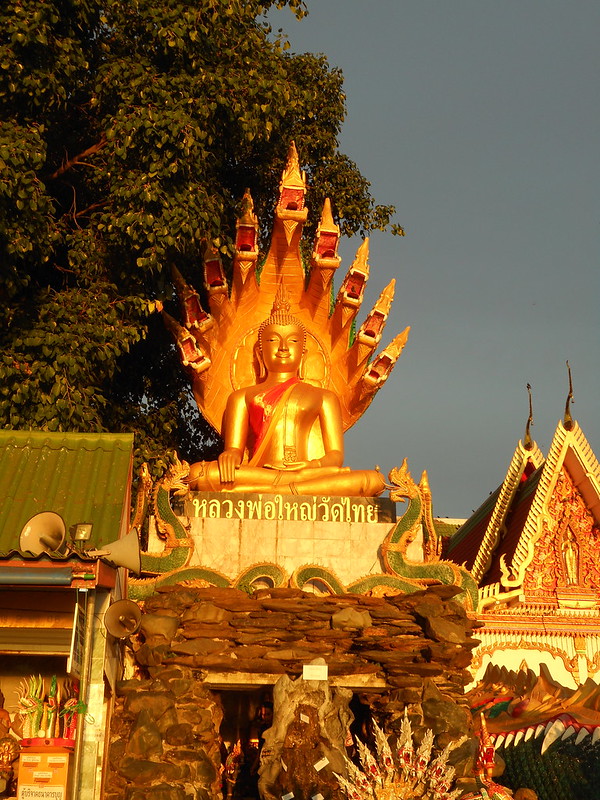
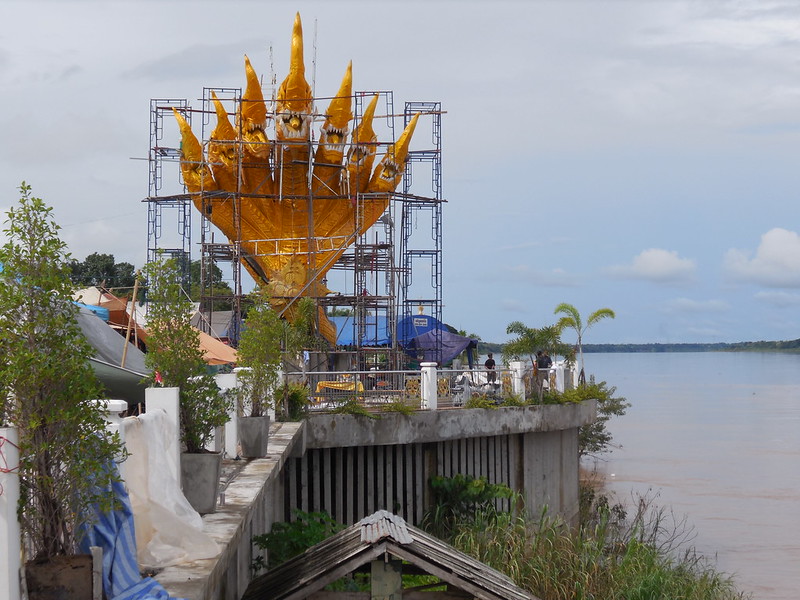
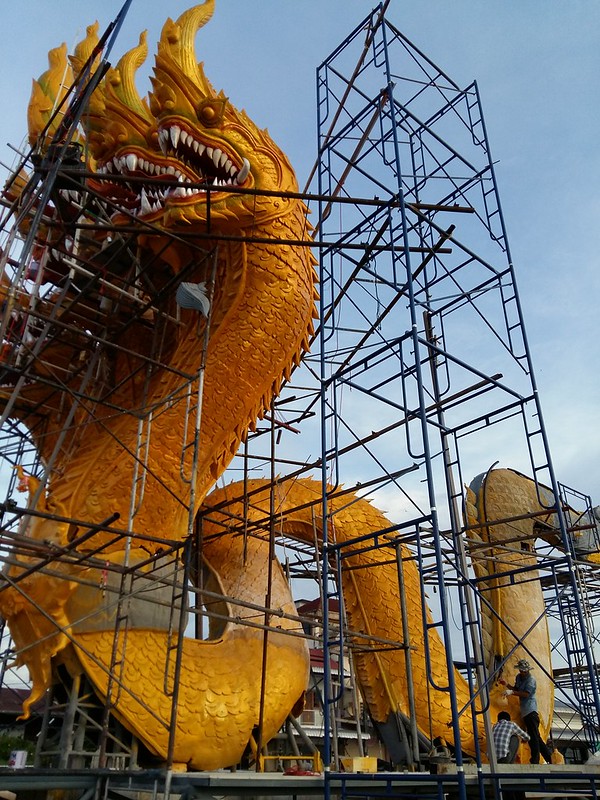
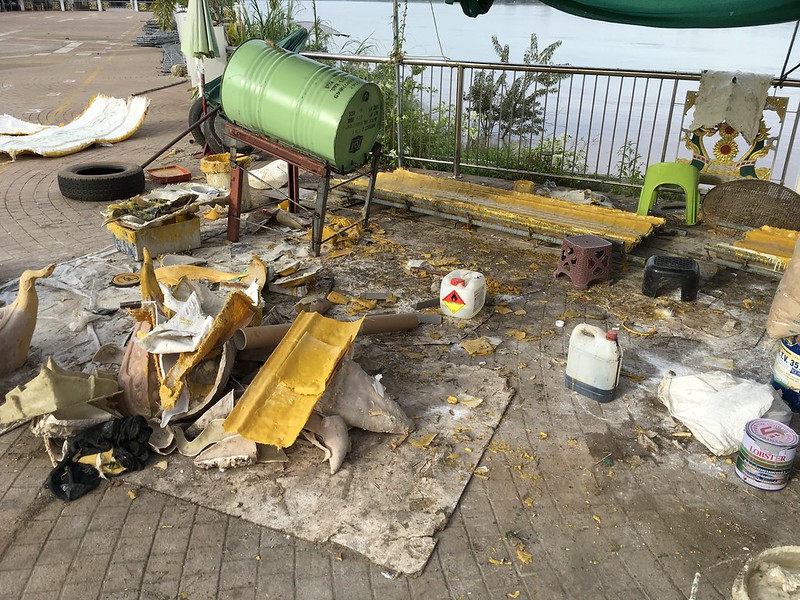
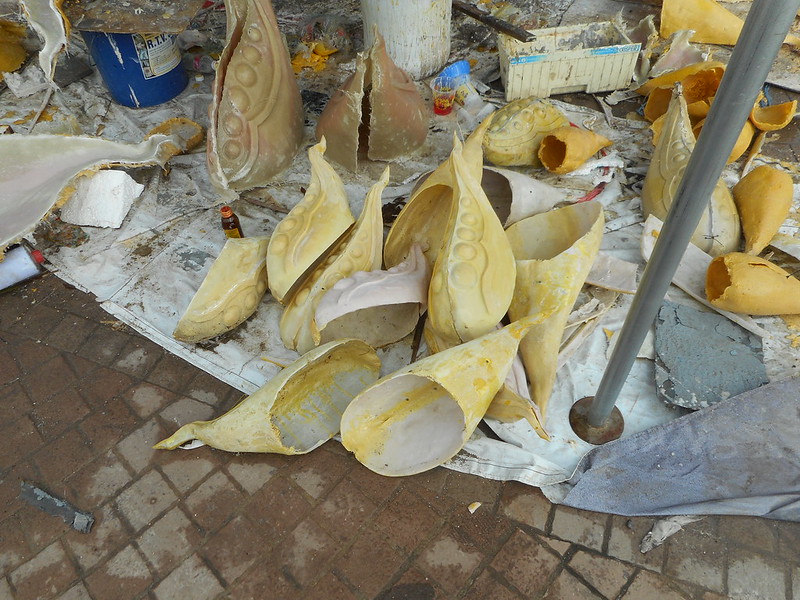
No comments:
Post a Comment